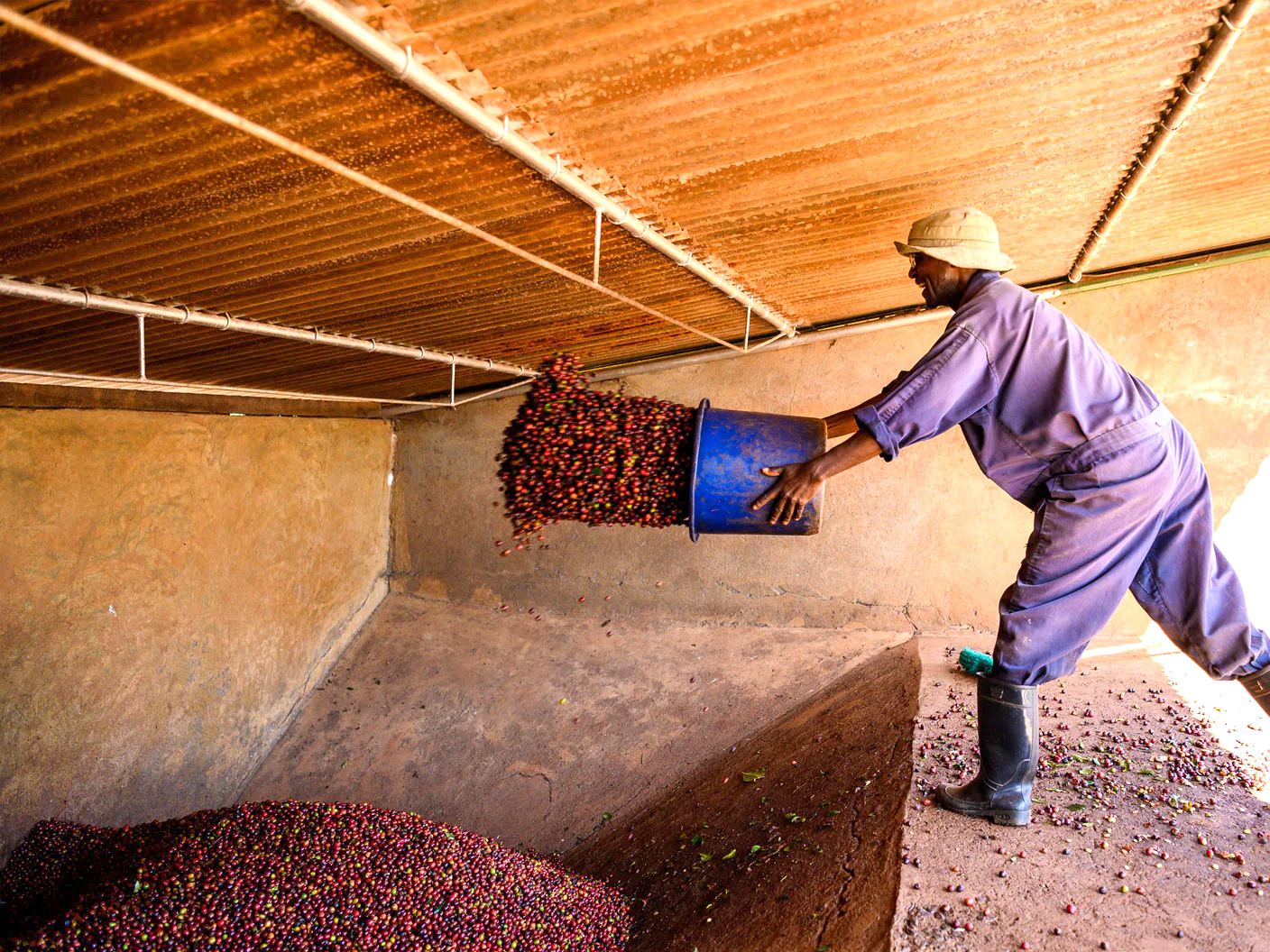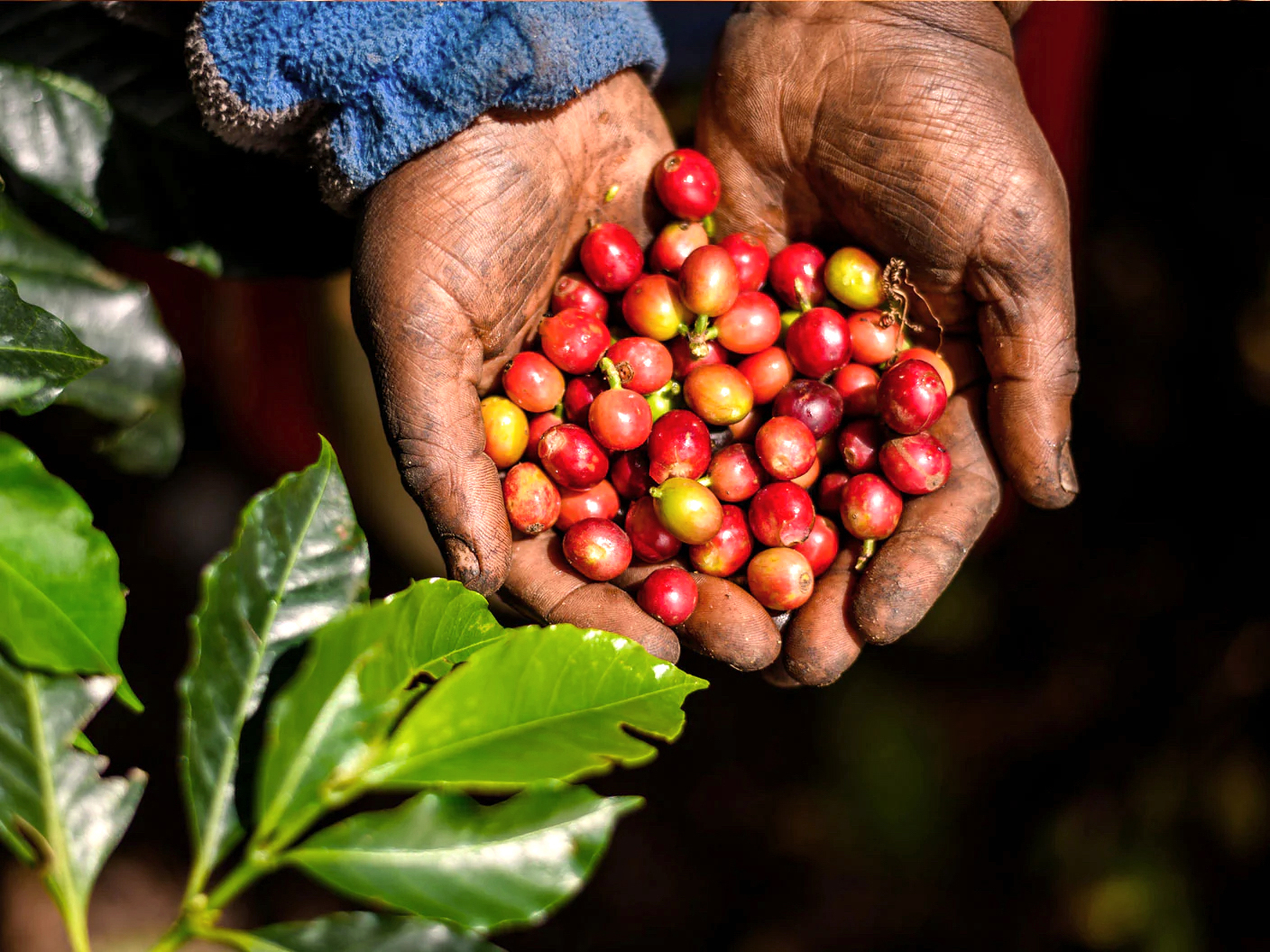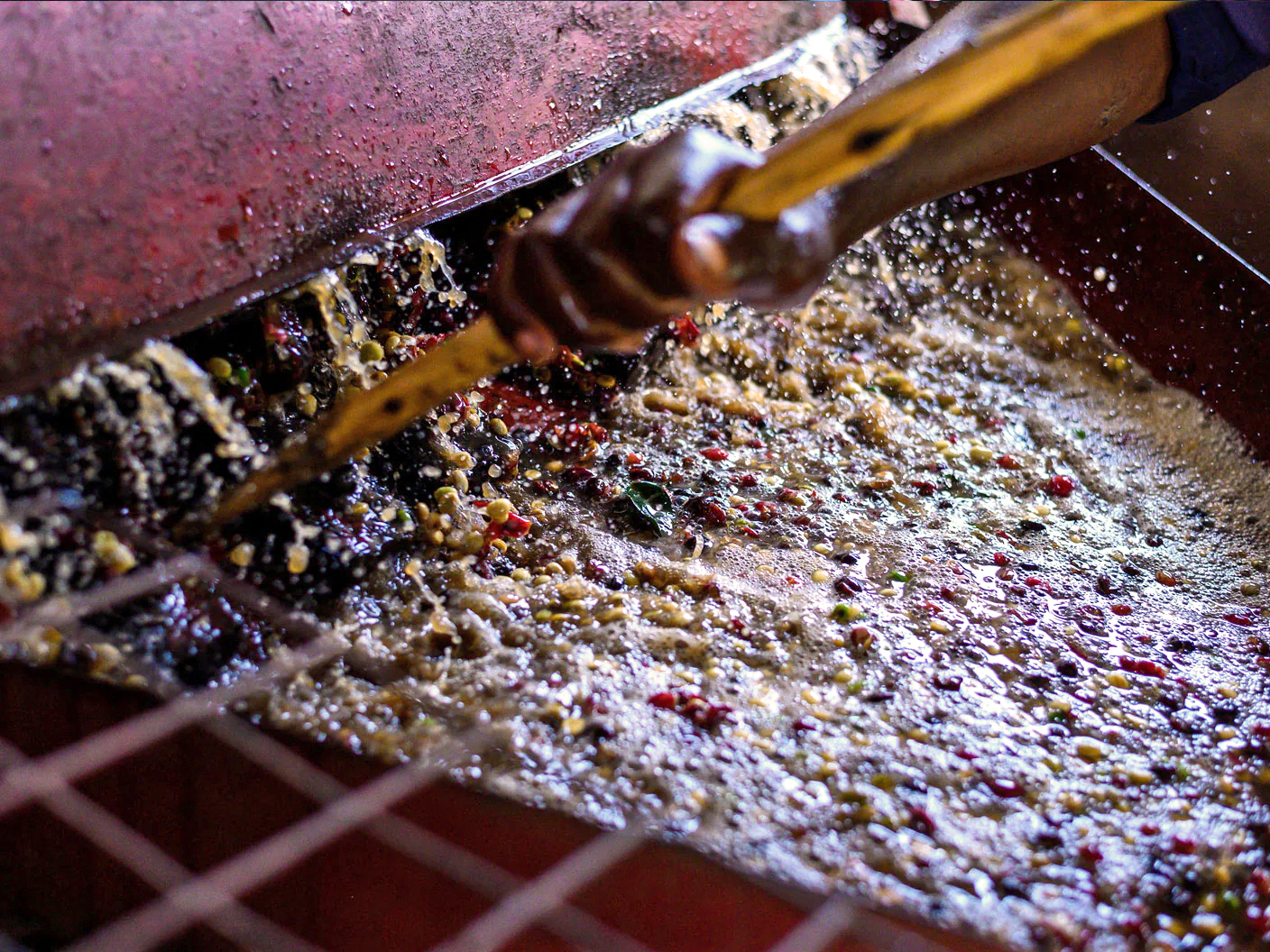










Kenya
Cup Notes: Redcurrant, Tomato, Orange, Grapefruit
A vibrant and expressive Kenyan Peaberry, offering bright citrus clarity, red fruit sweetness, and the elegant balance of Kiambu’s finest terroir.
Suggested for espresso and filter
when we roast
We freshly roast to order all coffees on Monday, Wednesday and Friday (excluding national holidays), and ship the same day! Cut-off time is 11:59pm (UTC+1) of the day before the roast day. *We only ship whole beans*
This Peaberry Top Grade fully washed lot comes from Kakindu Estate in Kiambu, Kenya. Kakindu is a 76-hectare farm originally established by British settlers and now part of Sasini, a publicly listed company with majority Kenyan ownership.
Sasini focuses strongly on equity and community development. Estate workers are provided with housing, early childhood education, union representation, and wages above the legal minimum. Together with Olam Specialty and more than thirty international partners, Sasini has also contributed to improving the nearby Njenga Karume Primary School, financing a new computer lab to help students gain essential digital skills.

Developed by Scott Agricultural Laboratories in the early 1930s from a Tanganyika Drought-Resistant line, SL28 has evolved into Kenya’s flagship variety for cup quality. Built for medium-to-high altitudes and deep-rooted to endure dry spells, its tall stature and large bold beans set it apart.
While its yields are modest and the plant remains vulnerable to Coffee Berry Disease and Leaf Rust, its flavour potential is extraordinary.
In the cup SL28 delivers a bright, sparkling acidity and complex fruit-and-floral character — vivid black currant, citrus zest and jasmine over a full, velvety body that typifies the finest Kenyan coffees.

This lot is produced using the traditional Kenyan fully washed method, refined through generations of expertise.
Only ripe cherries are selected and pre-graded before depulping. The coffee is then fermented in water tanks for 12–48 hours to remove remaining mucilage. After fermentation, it is washed in clean water through grading channels, where denser beans are separated as higher quality.
The parchment coffee is then soaked in fresh water and dried on raised African beds for 2–3 weeks. During drying, the beans are regularly turned and covered to protect them from excessive heat or moisture.
